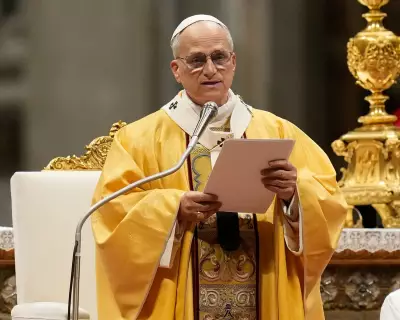
The Australian Labor government has taken a significant step towards reshaping the nation's childcare landscape by appointing consultancy giant Deloitte to design a comprehensive universal childcare system. This ambitious initiative could become a defining element of the Prime Minister's political legacy.
A Strategic Move in Early Education Reform
Sources close to the government reveal that Deloitte has been formally engaged to create a detailed framework for making quality childcare accessible to all Australian families. The move comes as the Prime Minister looks to cement their administration's reputation for progressive social policy.
The Vision for Universal Access
The proposed system aims to:
- Remove financial barriers to early childhood education
- Standardise quality across providers
- Integrate with existing education frameworks
- Support workforce participation, particularly for women
Political Implications and Challenges
While the initiative has been welcomed by early childhood advocates, it faces potential hurdles including:
- Securing long-term funding commitments
- Navigating state-federal coordination
- Addressing workforce shortages in the sector
- Managing opposition from private providers
Political analysts suggest this policy could become a centerpiece of Labor's re-election strategy, positioning the government as reformers in the social policy arena.
Economic and Social Benefits
Research indicates that investment in early childhood education yields significant returns through:
- Improved educational outcomes
- Increased workforce participation
- Reduced social inequality
- Long-term economic productivity gains
The Deloitte team is expected to deliver its preliminary recommendations within six months, with the government aiming to implement the first phase of reforms before the next federal election.





